Image from OER14.org CC-BY (4.0)
So it’s been almost 4 weeks since OER14 and I thought that it was time to reflect on what was achieved from the perspective of a committee chair. But before that a bit of history………..
So where does this story begin? Well my love affair with OER started in 2009, but we won’t go back that far. However it’s important to note that the culmination of that journey led me to be a co-chair at this conference.
Let me take you back to OER13 – Nottingham, March 2013. The conference was in it’s 4th year and I had the prestigious title of “Games Master” as a member of the organising committee. I had been involved in previous OERxx conferences but this year I was “really” involved, with a proper job and everything!
It was clear from OER13 that there was the appetite to run an annual open education conference in the UK beyond the funded OER phases managed by JISC & the HEA up until 2012. This funded activity was fundamental in kickstarting the OER “movement” in the UK. – http://www.jiscinfonet.ac.uk/infokits/oer/
The OERxx conference was born out of the need to appropriately and effectively disseminate the work of the OER programmes, starting with OER10, Cambridge, UK.
OER14 would potentially be the first year that the conference would run where attendees would not likely be funded through a project, this was a true test of whether the OERxx conferences were a longer term viable event. Co-chairing any conference is challenging enough, co-chairing one which might potentially not be viable always plays on your mind throughout the planning and implementation process.
At this point it would be useful for me to talk about the co-chair role (and how it came about). Megan Quentin-Baxter approached me at OER13 mentioning that she was considering undertaking one of the co-chair roles for OER14 and that she wondered if I would be interested in being the other co-chair. I didn’t say yes immediately but some how I did get persuaded!!
Megan and I already knew each other from being involved in OER activities (she often joked at having to follow my presentations in OER events and activities). Megan is a highly regarded and well published Professor, not just within her own subject area but also in the OER work she has done through Medev and in particular the work around “Consent Commons” and working with academic publishers to move forward the agenda on open access.
My own background is around the practical implementation of OER as a learning and teaching enhancement. I do not consider myself as a traditional academic (this is a personal observation not in any way a critical analysis), and often refer to myself as a “flipped academic“. I approach my academic work very much from a learning and teaching perspective, I use research to inform my practice and make changes to my practice for local impact to enhance staff and student experiences. I am a visual/performance publisher (i.e. I like to present my work through visual mediums and through presentations and workshops). To this end I often shy away from publishing in journals and books (even when invited to do so). That’s not to say I do not value those resources, but I think there are also other ways to present research and experiences.
The reason for giving an outline to my own approach is to give you an insight into the fact that Megan and I potentially on paper do not look like a good pairing for co-chairing a conference, but in the end I think this worked in our favour.
“The first responsibility of a leader is to define reality. The last is to say thank you. In between, the leader is a servant.”
Leadership is nothing without a team, and our team was particularly fantastic (might be some bias in there). Important to note is that it is entirely run on a volunteer basis, that’s not without it’s challenges. We all have to set priorities and sometimes the “volunteering” takes a hit when other “paid” pressures come our way.
We were fairly strict on membership in the fact that we did require members to actively participate in the planning activity and we did ask a couple of members to leave due to very limited engagement, but again I think this was important to signify that we did need commitment beyond the initial “register your interest” activity.
It was agreed early on that the location of the event would be either Leeds or Newcastle (based on the co-chairs host institution locations). The committee selected Newcastle (but I am not bitter!!) and this proved to be a most fantastic decision with the Centre for Life as a magnificent venue. With that decision agreed it was inevitable (and something we were both fully aware of) that one of us would end up picking up more of the local administration duties!
The committee members each took on various roles and we set off on our adventure! We met online every month, mainly as a mechanism for updating but also to ensure progress was being made and to ask the committee to discuss and sign off on decisions etc. The online meetings can be challenging at times, with the chairs often doing most of the talking, but the reality is that it keeps everyone up to date. These meeting were supported by the committee area which was setup on the OER14 site.
For the process of paper reviewing etc we used the online system developed by the team at Medev. This system really was the backbone to the administrative system, allowing us to manage the abstracts, reviewing process, session timetable etc. I must acknowledge the work of James from the Medev team at Newcastle in developing such a fantastic system.
It’s not until the actual event is happening that you really know whether it’s all come together, but based on the feedback we have had it appears that it was a very well received conference. One of the unique features of the OERxx conferences is the gala dinner games and activities. As previously mentioned I was “Games Master” for OER13, partly a self selected role as I was keen to make the gala dinner a place for activity as well as conversation. Last year I created crosswords for tables to complete, with small prizes for the winners. For OER14 we wanted to continue with the dinner games and so this year I handed the baton to Chrissi Nerantzi who introduced the idea of Lego® activities.
This proved to be a lively and fun activity and certainly made for some amusing and creative Lego® creations.

Lego Fun at #OER14
This was certainly a conference where attendees were asked to play, explore, create, engage and collaborate. We also had an installation which asked attendees to record their comments and ideas on particular themes.

Installation as provided by Ellie Livermore.
I think one of the great features of OER14 was that whether you were a presenter, organising member or attendee we encouraged and enabled participation. After all that is what a good community is based upon. A community is limited without participation, open communities need active participation to thrive and make a difference. I would like to thank all those who participated in OER14 before, during and after the conference it really did make all the difference.
So, all remains for me to do is to say that I look forward to OER15 and I would highly recommend that you volunteer to participate in any way you can.



One response
[…] year I wrote a brief blog post about co-chairing OER14. This year I was able to revert back to being a committee member […]